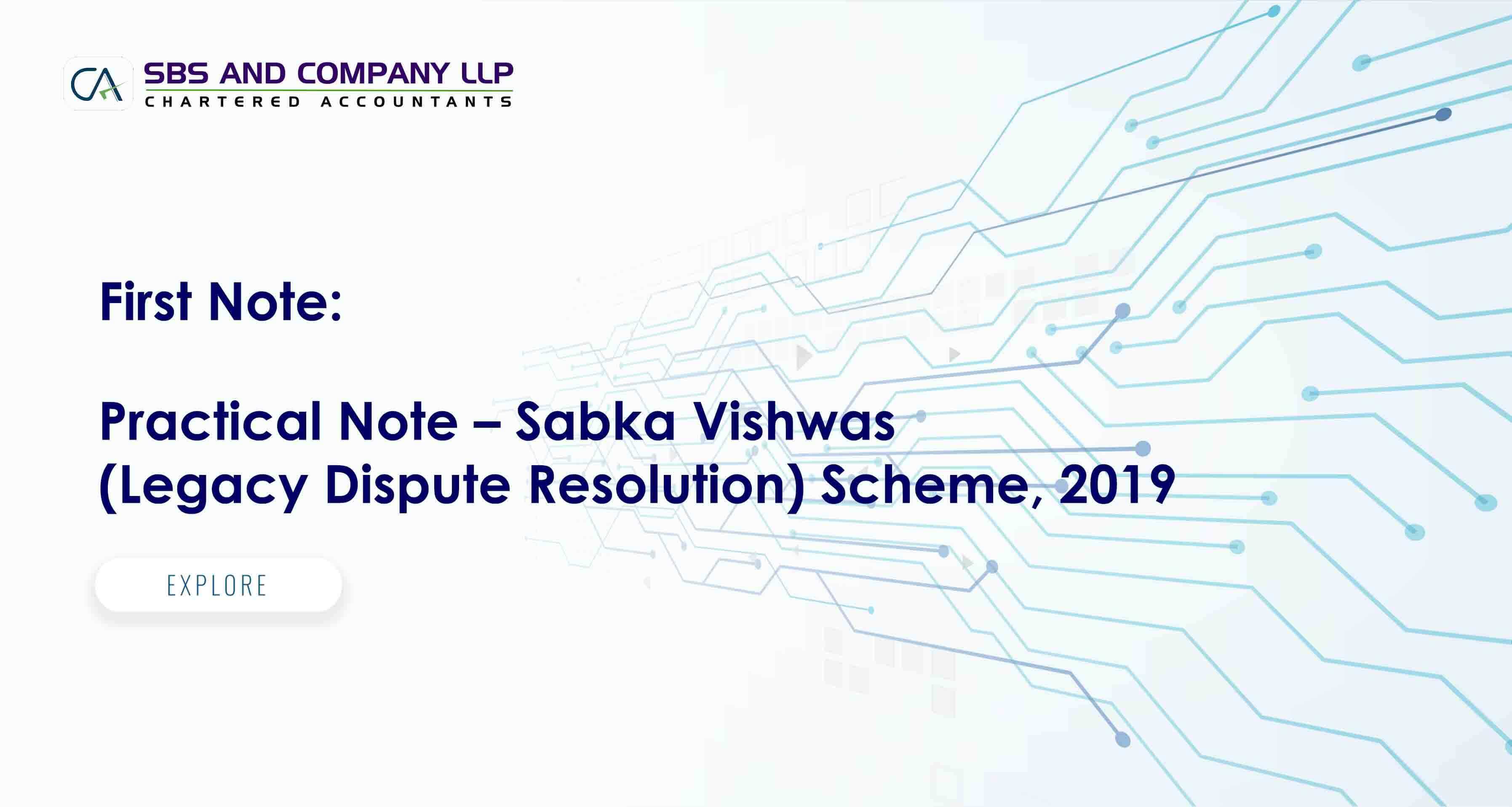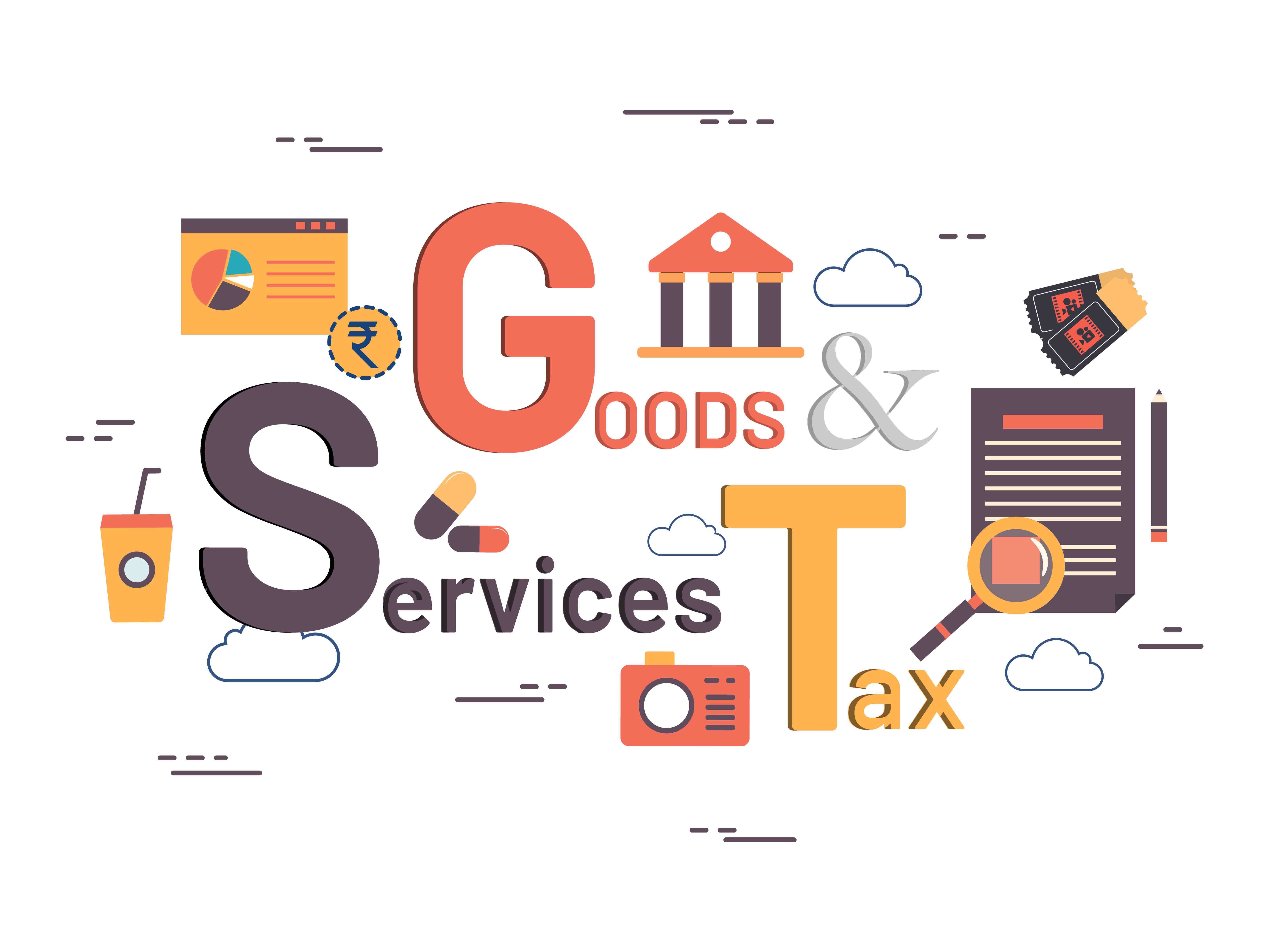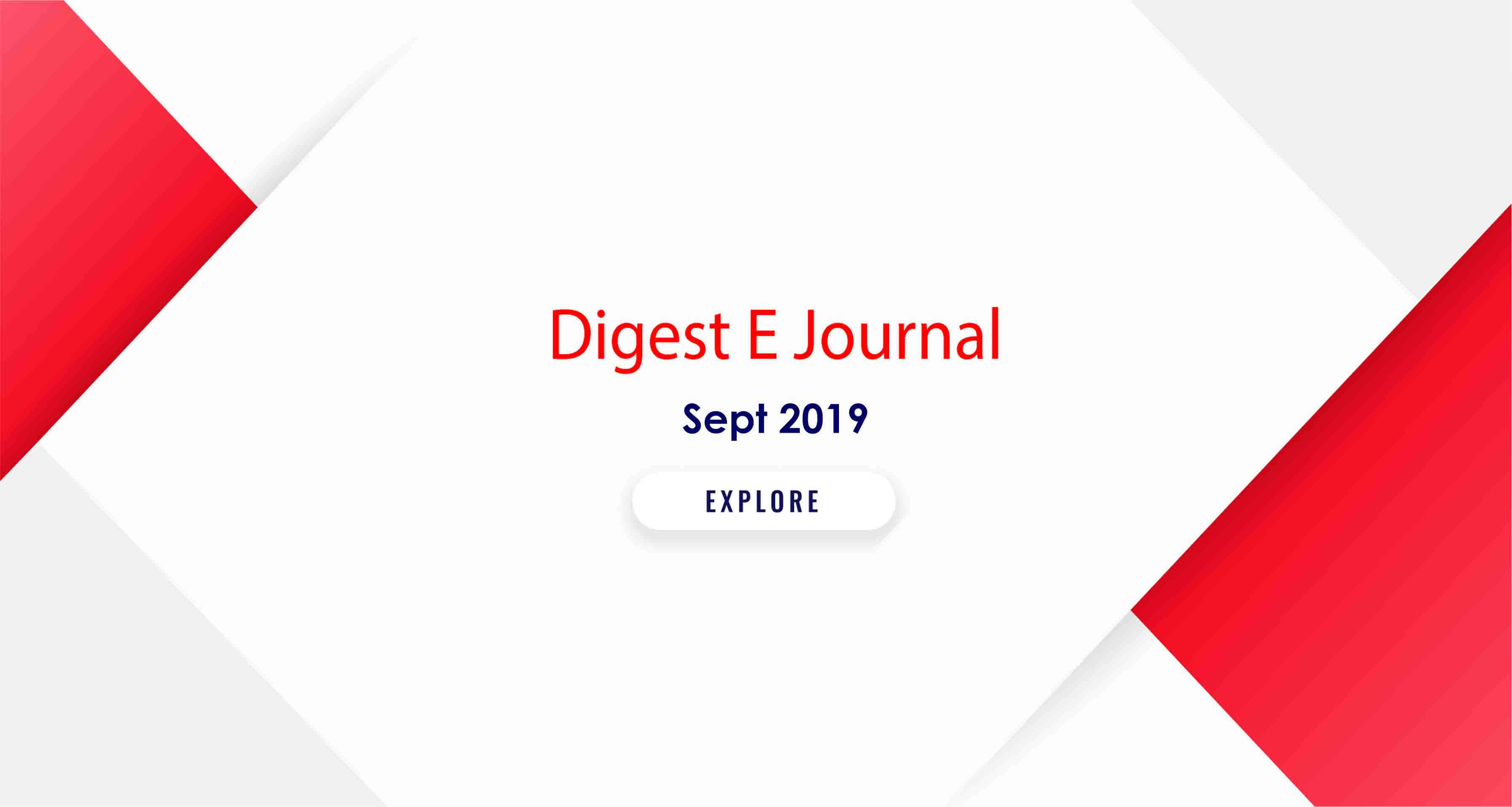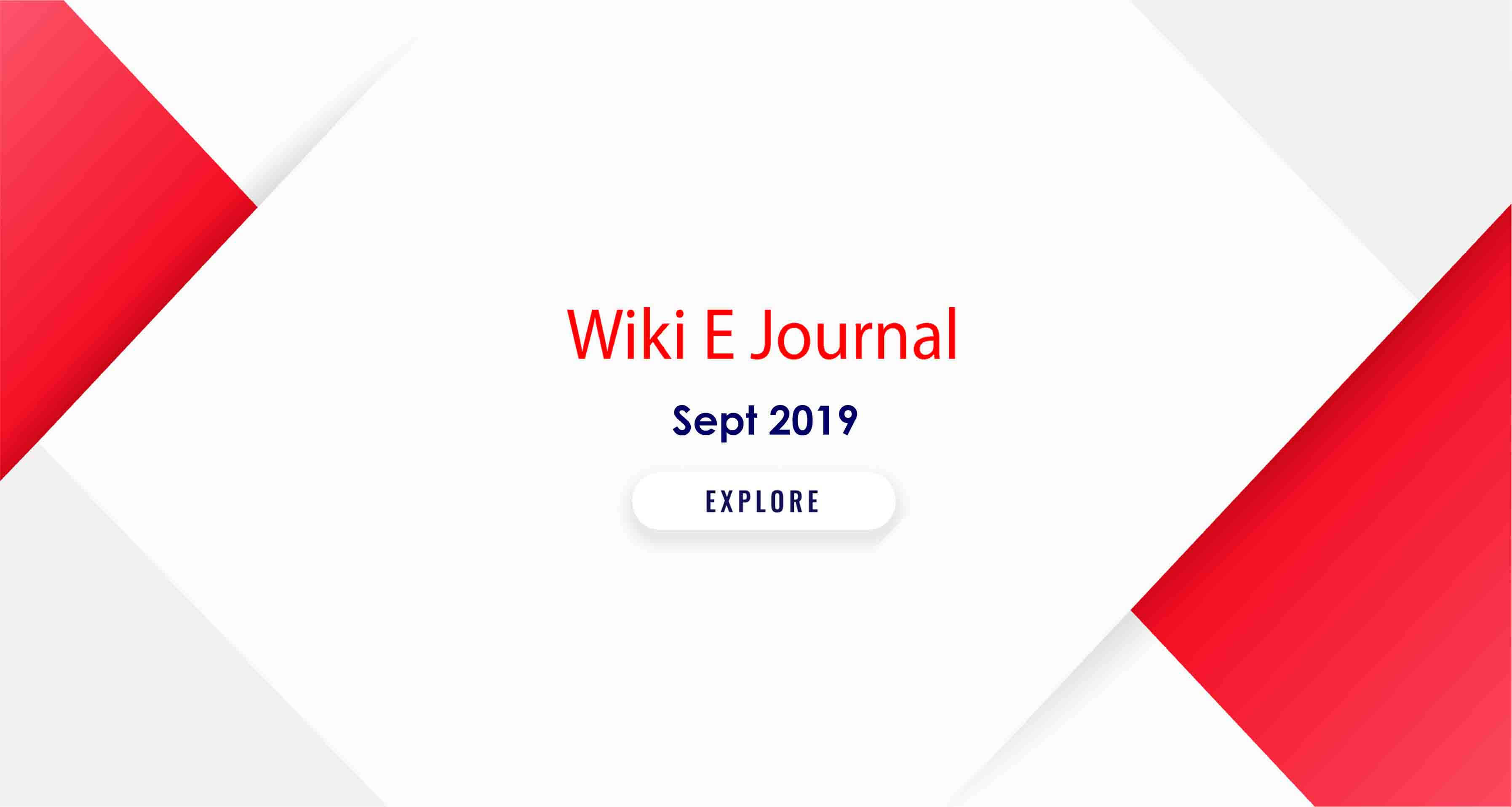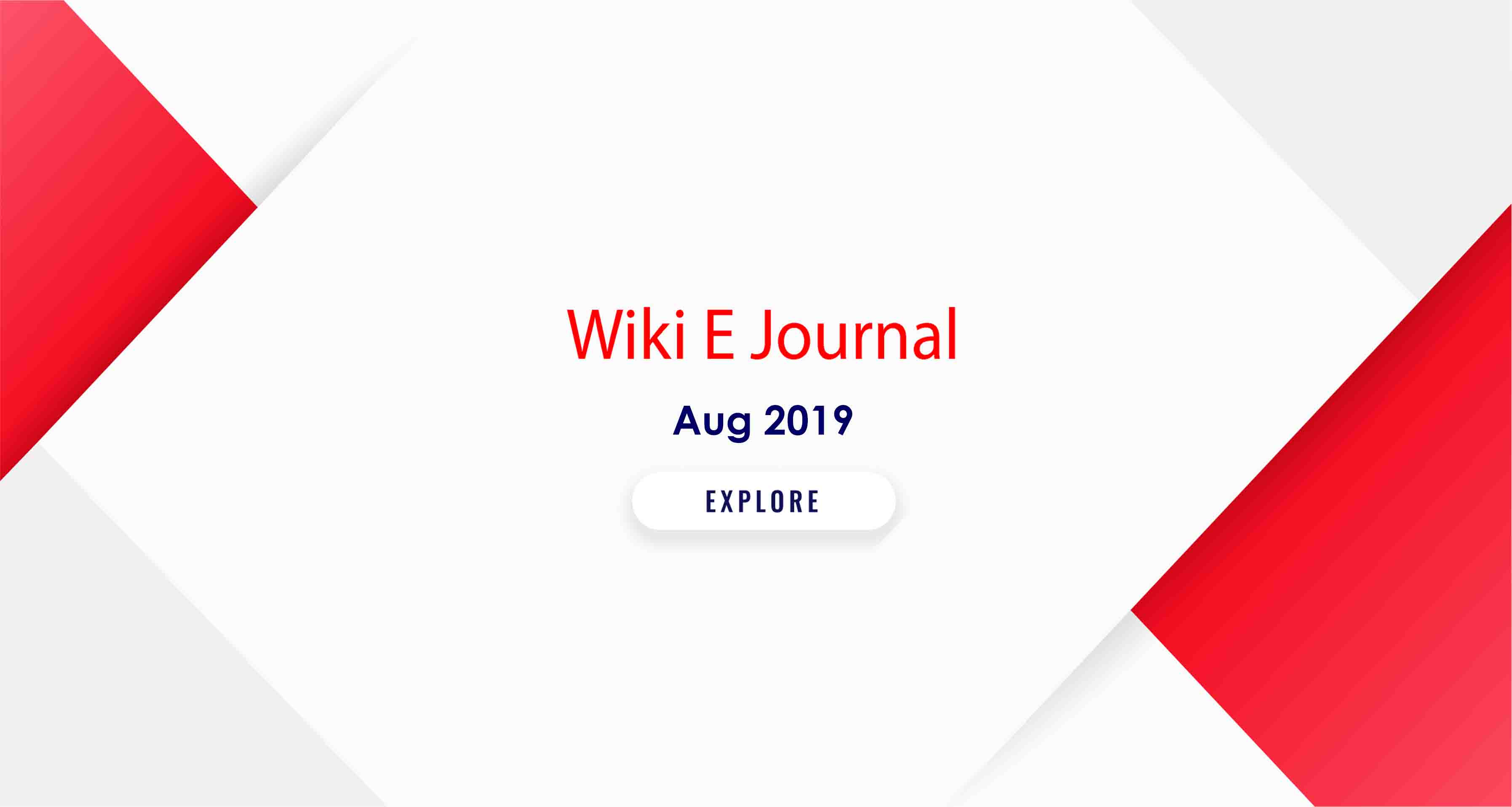- SBS AND COMPANY LLP
- Blog
- Hits: 4719
Practical Note Sabka Vishwas (Legacy Dispute Resolution) Scheme, 2019
Background
1. Years of pending litigation in various IDE1 has become a huge burden to the Central Government, assessee and tax positions involved therein. As per the Economic Survey Report of 2019, the cases pending with CESTAT2, High Courts and Supreme Court as on 31.03.2017 are 1,00,4253. Apart from the burden on the eco-system, such huge pending litigation also effects the foreign investment, since lack of tax certainty has a significant effect on foreign investment.
2. The Honorable Finance Minister during her maiden budget speech has mentioned that more than Rs. 3.75 lakh crores were blocked in litigations under IDE. Certainly, pending litigation of the erstwhile regime has become also become baggage for Central Government and assessees which has to be offloaded to concentrate on the new legislation and way forward.
3. In order to unload the burden of huge pending litigation and to liquidate the amounts blocked in litigation, Sabka Vishwas (Legacy Dispute Resolution) Scheme, 2019 is introduced in Finance (No.2) Act, 2019. The objective of the scheme is twofold. One is dispute resolution by liquidating a portion of the amounts blocked in litigations and the other one is amnesty where an opportunity is given to taxpayers to voluntarily disclose and discharge their actual tax liability. This paper broadly summarizes the scheme, the clarifications provided so far and highlights some of the important questions which are to be answered for effective implementation of the scheme. At the end of the paper, we also share the modus operandi which has to be adopted to choose among the normal route of litigation or the scheme.
Read more: Practical Note Sabka Vishwas (Legacy Dispute Resolution) Scheme, 2019


